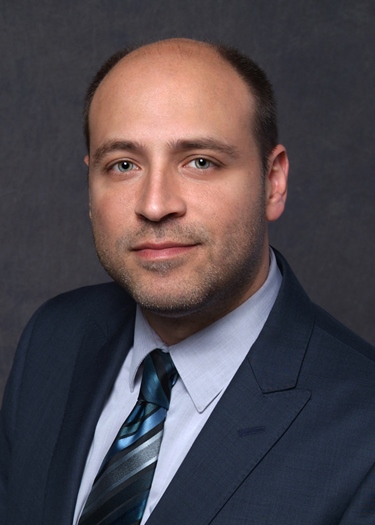Exclusion Implications of Entering into False Claims Act Settlements

According to the Office of Inspector General (OIG), the government's primary civil tool for addressing health care fraud is the False Claims Act (FCA). Most FCA cases are resolved through settlement agreements in which the government alleges fraudulent conduct and the settling parties do not admit liability. Based on the information it gathers in an FCA case, OIG assesses the future trustworthiness of the settling parties (whether individuals or entities) to decide whether to exclude them from the federal health care programs or take other action. An OIG exclusion effectively “cuts off” a health care provider from being paid by a federal health care program for any items or services furnished, ordered or prescribed. Needless to say, an exclusion can be devastating to the provider.
In determining whether to exclude a settling party, OIG assesses future risk on a case-by-case basis, applying published criteria here. It is essential that providers are aware of and consider these criteria in deciding whether to settle FCA cases. Providers are strongly encouraged to consult with health care legal counsel to assess the risk of exclusion prior to entering into FCA settlement agreements.
If you have any questions about this or any other legal matter, please email me at dnvozza@norris-law.com.


